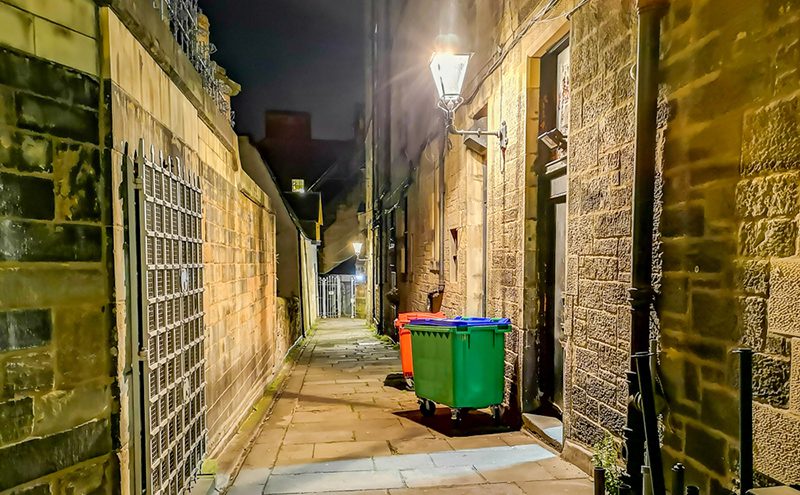
- Scottish recycling rate for 2017 is 58.9% (a decrease of 0.2 percentage points from 2016*)
- Scottish organic waste recycled by composting or anaerobic digestion increased by 4.6% since 2016
- The quantity of biodegradable municipal waste being sent to landfill falls again with 1.09 million tonnes going to landfill in 2017
- Waste diverted from landfill through incineration with energy recovery has increased by 14.7% from 2016
- Scottish waste landfilled accounted for 32.6% of all waste managed, an increase of 0.1 percent from 2016
The Scottish Environment Protection Agency (SEPA) has published Official Statistics (on 26 March) which provide details of waste from households, construction and demolition, and commerce and industry.
The total quantity of waste generated in 2017 increased by 5.5%. Whilst 142,195 more tonnes of waste was recycled in the 2017 calendar year, the statistics show that the national recycling rate was 58.9%, a decrease of 0.2 percentage points from 2016.
Scottish organic waste recycled by composting or anaerobic digestion continues to increase with almost 158,000 tonnes more being recycled than in 2011.
The quantity of biodegradable municipal waste being sent to landfill continues to fall, with 1.09 million tonnes going to landfill in 2017. This is 0.05 million tonnes less than 2016 and 1.07 million tonnes less than 2005.
In 2017 over 760,000 tonnes of waste was diverted from landfill through incineration with energy recovery or co-incineration. This is an increase of 14.7% from 2016 and follows the longer term trend with 182.6% more waste recovered since 2011. The statistics also show that the quantity of Scotland’s waste being sent to landfill increased by 0.1 percentage points to 32.6% of all waste managed.

Terry A’Hearn, SEPA’s Chief Executive, said:
“The scale of the environmental challenge is enormous and we know that in Scotland we currently use the resources of three planets, but only have one. The most successful countries in the 21st century will be resource efficient, circular economies, where what once was waste is valued as a resource. As such, the latest figures give communities and businesses a fresh focus for the opportunity ahead.”
Data on waste are collected to monitor policy effectiveness, and to support policy development, particularly commitments in the Scottish Government’s Making Things Last – A Circular Economy Strategy for Scotland
The figures are accurate at the time of publication, however data may be updated if further revisions are necessary. Normally these revisions will be published concurrent with the next official release.







